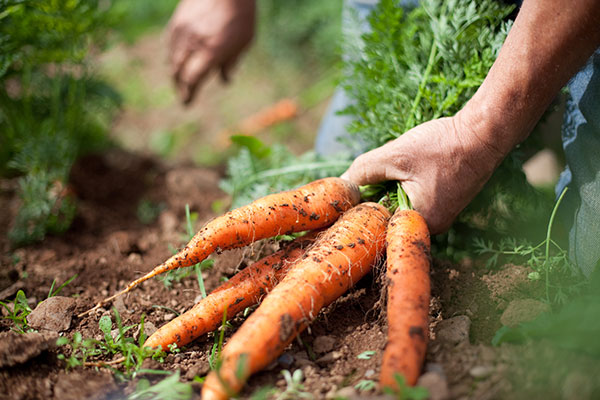Over the last century, the proportion of our income spent on food has been in relentless decline, displaced progressively by manufactured goods, then services, and then information and entertainment.
Today, food represents 10.6 per cent of the average household’s annual expenditure: down from 33 per cent in the 1950s, and one of the lowest rates in the world. To make matters worse for farmers, the rise of processed food, brands and extended supply chains mean that just 0.7 per cent of UK GDP is now returned to farmers. Instead, more and more of what we do spend on food goes to manufacturers, distributors and retailers.
Farmers are not alone in history in suffering a reduction in economic importance, or even total redundancy. But the decline of other professions has never been accompanied by such increased environmental impact; they didn’t take the planet down with them. By contrast to that 0.7 per cent of GDP, one could argue (depending on what you measure) that farming accounts for 12-50 per cent of environmental damage, through deforestation; greenhouse gas emissions; habitat, diversity and soil loss; and pesticide and fertiliser pollution.

There is little to be gained by pushing food prices even lower, and a great deal to be lost by not introducing market mechanisms to encourage and support farmers to do better.
Given the impending environmental crisis, and given that the impact of our industry is so much greater than its economic interest, surely it makes sense to incentivise sustainable practices on our own farms? Instead, the government seems to be focusing on global competition and a favourable US trade deal.
This might possibly shave another 0.1 per cent off the cost of living – but at what environmental cost? At the very least, we might hope that our elected representatives get to debate the standards of the imported food our farmers will have to compete with. But after this week’s House of Commons vote, rejecting amendments proposed by the House of Lords to the Agriculture Bill, these vital decisions will be made without scrutiny, far from the reality of their environmental impact.
My point is this: farm gate prices in the UK are so low already that reducing them further, such as through a raft of new trade deals, would give no significant benefit to society. The real cost of food is not paid at the farm gate; it will be paid by our children and our planet.















Eating organic & high welfare local costs 30% of our income. Only affordable as no longer have mortgage. That’s the real driving down of money available to pay properly for food, the ridiculous cost of keeping a roof over your head.